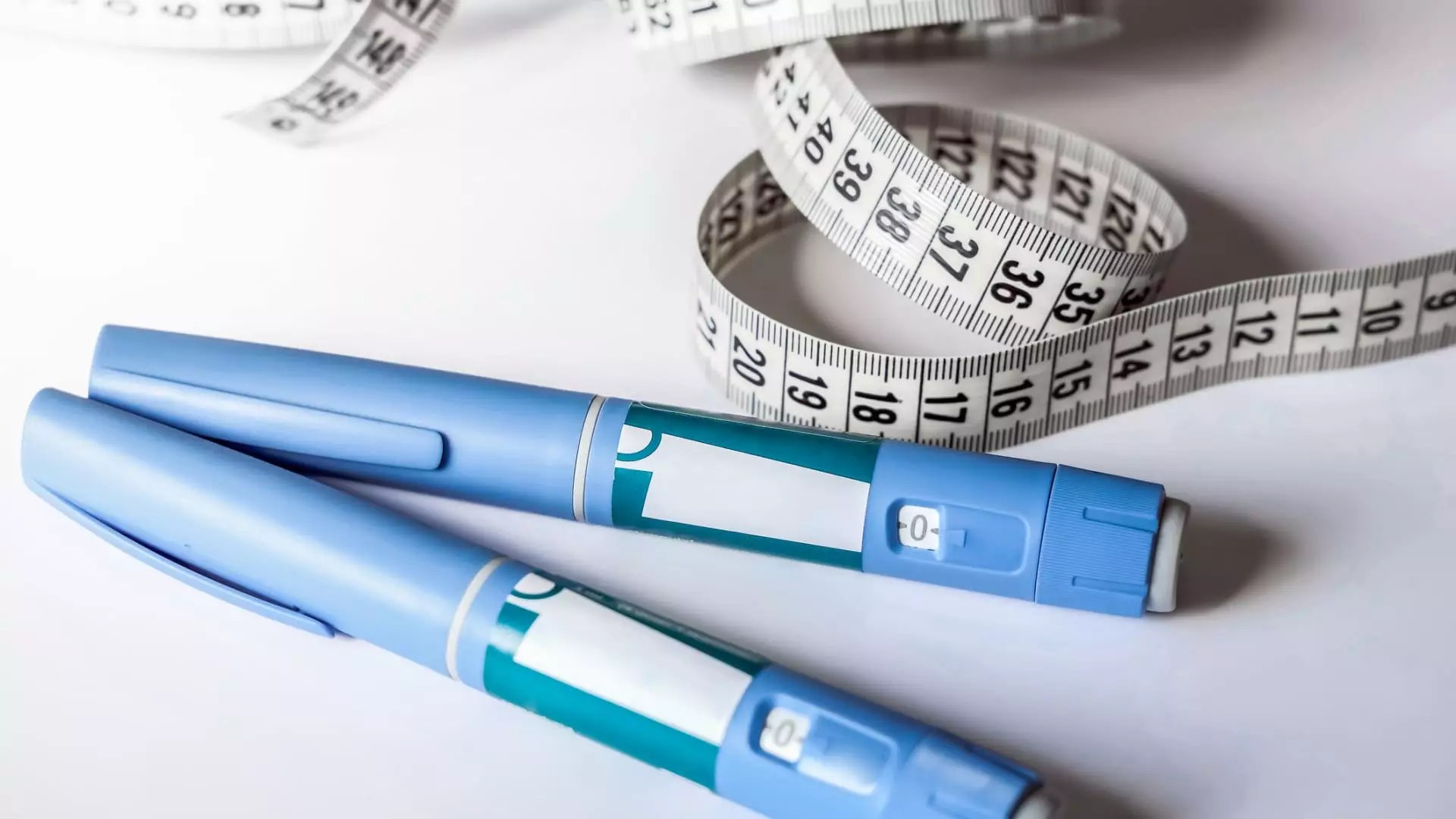The weight loss drug market has long been dominated by Eli Lilly and Novo Nordisk, but recent advancements from competitors such as Roche and Viking Therapeutics have signaled a shift in the industry. These new treatments promise faster and more effective solutions for patients seeking to lose weight, challenging the existing market leaders. As a result, the once-certain duopoly in the weight loss drug market is now facing increased competition, leading to significant fluctuations in market value for Eli Lilly and Novo Nordisk.
In recent weeks, Eli Lilly has seen a decline of approximately $123 billion in market value, marking its worst eight-day performance since March 2020. Similarly, Novo Nordisk shares have tumbled about 10% over the same period, reflecting a significant market response to the changing dynamics in the weight loss drug market. Despite these recent setbacks, both companies have experienced substantial gains throughout the year, showcasing the volatility and uncertainty surrounding the future of weight loss treatments.
Industry analysts remain divided on the long-term implications of the evolving weight loss drug market. While some believe that Lilly and Novo have a significant lead that will ensure sustained growth for the foreseeable future, others predict increased competition as early as 2028. UBS analyst Trung Huynh forecasts significant growth in the GLP-1 market, with sales projected to reach $150 billion by 2029. This optimistic outlook is driven by the increasing demand for weight loss treatments as more individuals seek effective solutions for obesity.
Roche and Viking Therapeutics have emerged as key players in the weight loss drug market, introducing experimental treatments with promising results. Roche’s CT-996, acquired through the purchase of Carmot Therapeutics, has shown impressive weight loss outcomes in clinical trials, positioning the company as a potential contender in the anti-obesity drug market. Similarly, Viking Therapeutics’ VK-2735, a combination of GLP-1 and GIP, has progressed to a phase 3 program after receiving FDA approval, further highlighting the potential for new entrants to disrupt the current landscape.
Looking ahead, advancements in the GLP-1 space are expected to shape the future of weight loss treatments, with upcoming conferences and developments likely to impact market dynamics. As more companies introduce innovative therapies and explore combination treatments, the competitive landscape is poised to undergo significant changes. Investors can anticipate further news from key players, including Pfizer and Amgen, as well as ongoing progress from Lilly and Novo as they strive to maintain their market leadership.
Overall, the weight loss drug market is undergoing a period of transformation, with new entrants challenging the established players and driving innovation in treatment options. While uncertainties remain regarding the extent of competition and the long-term market dynamics, one thing is clear: the future of weight loss drugs is evolving, with significant implications for patients, providers, and investors alike.


Leave a Reply